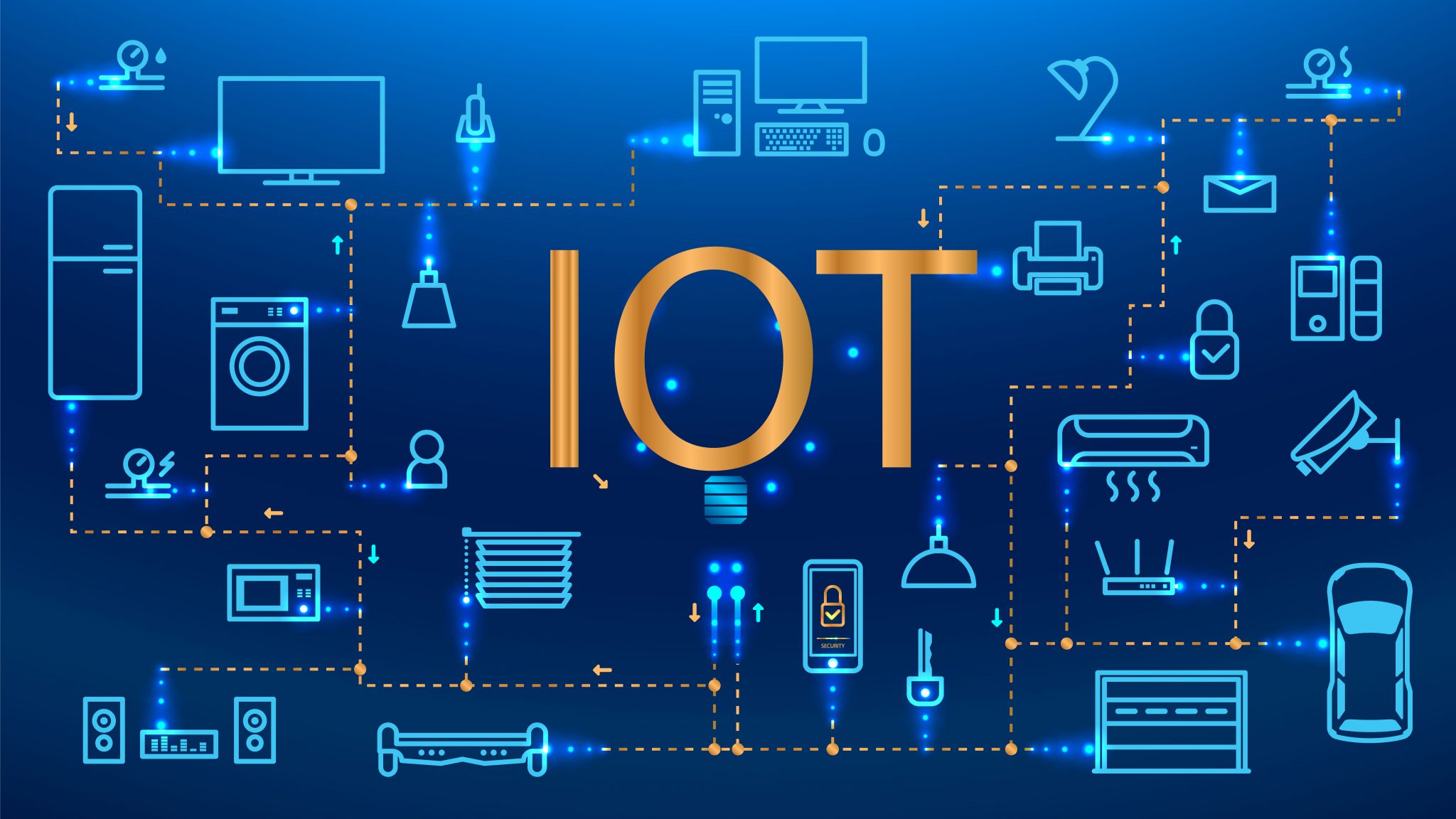


Big Data Analytics is bringing a step change in innovation across all sectors of the economy for efficient data management. Disruptive technology innovations in the information and communication technology (ICT) space, such as artificial intelligence (AI), Internet of Things (IoT), self-service visualization and structured query language(SQL), have deeply permeated various applications and markets. At present, the Big Data market is experiencing a number of technology convergences with advancement in some supporting technologies to address current challenges.
Frost & Sullivan’s market research, “Technology Advancements Shaping Big Data Progress,” identifies the key technology development areas within ICT that have the potential to not only address the challenges of the Big Data space, but also facilitate development of next-generation applications through convergence. The technologies covered include AI, IoT, self-service visualization, SQL, in-memory computing, virtual reality, software-based virtual machines, sensor data, identity-as-a-service, and in-memory computing.
To access more information on this analysis, please click here.
“In the age of digital and connected world, companies have access to more consumer data than ever before. Conventional big data solutions are limited to the usage knowledge of an individual, thereby analyzing the past data and providing insights on the behavior. Lack of skilled resources further restricts the quality of the insights,” observed Frost & Sullivan TechVision Research Analyst Swapnadeep Nayak. “Advancements in artificial intelligence in recent years are enabling developers to uncover the hidden relationship between data, thereby significantly facilitating data analytics processes using minimal data input and resolving big data performance issues.”
Technology segments expected to gain significant growth in the coming years from Big Data advancements include:
· Visualization technology – This technology is likely to witness extra attention in the coming years to facilitate the adoption of Big Data. Reality technologies have also received funding to help in the innovation of more sophisticated, user-friendly interaction systems. These technologies will attract significant business users, upping demand for simplified Big Data tools. However, delivery of such reality technologies will be highly dependent on next-generation wireless technologies like 5G wireless.
· Advancements in Brain Computing Interface (BCI) – Several research organizations are working in this field to improve human-machine interaction systems. Convergence of Big Data, BCI and AI is expected to deliver promising applications in the future and address three core challenges with the present computing infrastructure: scalability of data, interactive interface and faster delivery of meaningful insights.
“Some of the outstanding innovators shaping big data’s progress are Amazon, Google, Oracle, Microsoft, Facebook, Cloudera, Presto, Actifio, Red Hat, and IBM,” said Nayak. “These companies are likely to lead the next phase of growth, enhance market opportunities for key emerging technologies, and have a significant impact on economic growth across geographies.”
Technology Advancements Shaping Big Data Progress is part of Frost & Sullivan’s TechVision (Information & Communication)
Copyright © 2025 IOT Online Store. All Rights Reserved. | Another Cyber Gear Site.